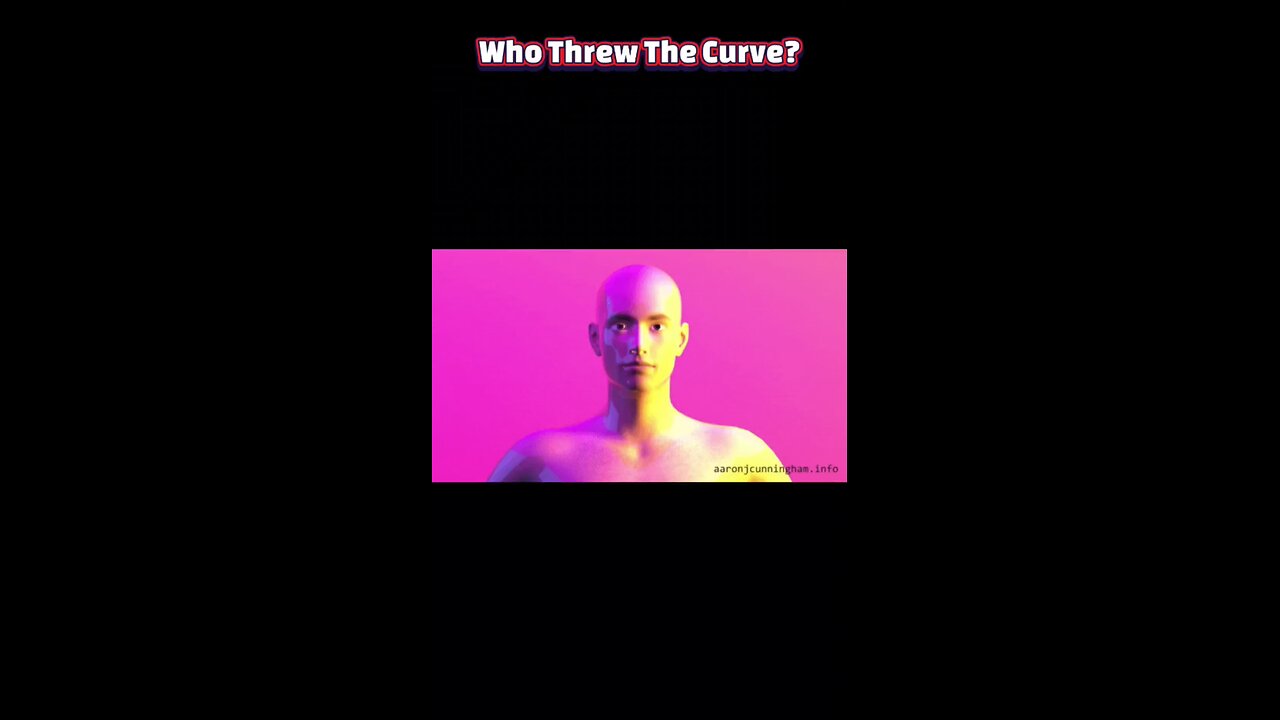Premium Only Content

Split Personalities vs Possession: Who’s Really in Charge of Your Soul
#DIDvsDemons #SplitPersonalitySaga #ExorcismExplained #MentalHealthMyths #PossessionOrPsychosis #ComedyBreakdown #SarcasticScience #DarkHumorDeepDive #IdentityCrisisUnleashed
Have you ever woken up convinced you scheduled a meeting with yourself at 3 AM, only to find two other “you” in the passenger seats debating whether pineapple belongs on pizza? Congratulations, you’re flirting with the concept of multiple personalities, officially known as Dissociative Identity Disorder (DID), not signing up for a demonic subscription plan. If your concerns involve trauma, therapy bills, and a bewildering internal board meeting, you’re in DID territory. If you’re worried about holy water shortages and impromptu chanting, you might be veering into demon-possession mania.
Dissociative Identity Disorder is the brain’s awkward way of coping with extreme trauma by handing out identity proxies like party favors. Think of it as your mind’s version of “Incognito Mode” on steroids, except each identity has its own memory playlists, emotional triggers, and fashion sense. Clinicians don’t call the exorcist, they call a psychologist armed with empathy, research-backed interventions, and maybe a notepad. There’s no spooky séance involved, just hard-earned trust and a heavy dose of professional boundaries.
Demon possession, on the other hand, belongs in the realm of horror movies, ancient folklore, and very confused exorcists. Instead of referencing the DSM-5, you’re flipping through dusty theology tomes, hunting for a priest who’s both credentialed and fearless enough to wear a pale suit in a potentially messy smackdown with malevolent spirits. If your main concern is “Which demon named Beelzebub is redecorating my insides?” you’re squarely in supernatural territory, with salt lines and crucifixes taking center stage.
The key difference? Etiology and interventions. DID emerges from psychological fractures after severe stress or trauma, so you’ll see therapists, social workers, and probably a keen interest in childhood memories. Demon possession, by contrast, relies on supernatural forces, holy relics, and perhaps a TikTok sensation of Father O’Malley reciting Latin curses like they’re auditioning for a medieval rap battle. Therapy helps DID; an exorcism helps a demon, and you really don’t want to mix those up unless you’re craving a very confusing support group.
At the end of the day, whether you’re balancing a boardroom of inner selves or squaring off against unholy intruders, self-awareness and professional help are unbeatable backups. If your therapist pulls out a rosary, you might politely remind them that it’s a therapy session, not a stakeout at a haunted house. And if Father O’Malley suggests hypnosis instead of holy water, perhaps it’s time to check your scheduling, and maybe invest in a better calendar app.
-
 1:02:28
1:02:28
Flyover Conservatives
8 hours agoThe Most Overlooked Way to Fight Abortion (It’s Not Protests) - Robert Netzly; Why Triple-Digit Silver is Coming - Dr. Kirk Elliott | FOC Show
18.4K3 -
 1:55:33
1:55:33
Glenn Greenwald
7 hours agoDeceitful Hysteria over Tucker's Speech on Kirk; IDF Funder Larry Ellison to Take Over CBS, Paramount, and now TikTok; U.S. Embraces Leading Al-Qaeda Terrorist | SYSTEM UPDATE #519
181K77 -
 34:40
34:40
Donald Trump Jr.
9 hours agoWe Will Make Charlie Proud | TRIGGERED Ep.276
202K87 -
 1:01:49
1:01:49
BonginoReport
8 hours agoErika Kirk Forgives Charlie’s Assassin - Nightly Scroll w/ Hayley Caronia (Ep.139)
95.7K92 -
 1:54:19
1:54:19
megimu32
5 hours agoOn The Subject: Rush Hour | Would It Be Cancelled Today?
39.5K6 -
 1:24:12
1:24:12
Katie Miller Pod
7 hours ago $0.21 earnedEpisode 7 - Jillian Michaels | The Katie Miller Podcast
79.4K5 -
 13:09:57
13:09:57
LFA TV
1 day agoLFA TV ALL DAY STREAM ! | MONDAY 9/22/25
241K46 -
 1:02:10
1:02:10
LIVE WITH CHRIS'WORLD
7 hours agoLIVE WITH CHRIS'WORLD - Key Takeaways From Charlie Kirks Memorial
31K -
 1:37:17
1:37:17
Liberty Sentinel
6 days agoURGENT: Dr. Malone Warns of "Vaccine Cult" & Effort to "Fix God Gene" With Shots
22.1K15 -
 DVR
DVR
Rallied
7 hours ago $0.10 earnedHigh Octane Warzone Wins All Night
40.9K1